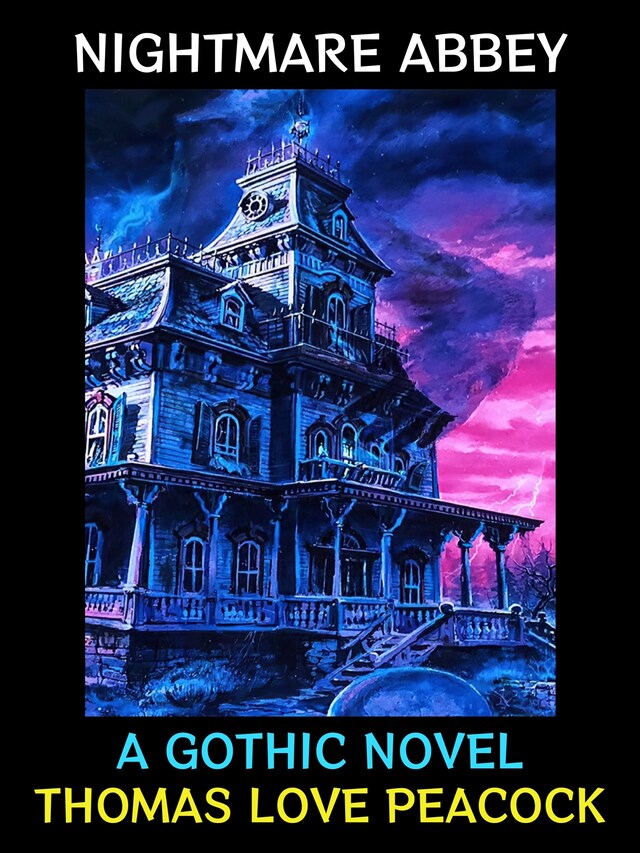
Nightmare Abbey
A Gothic Novel
Tietoa kirjasta


